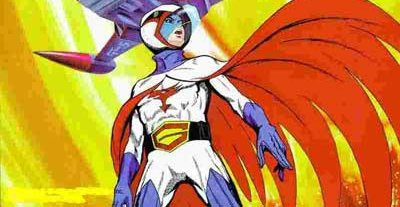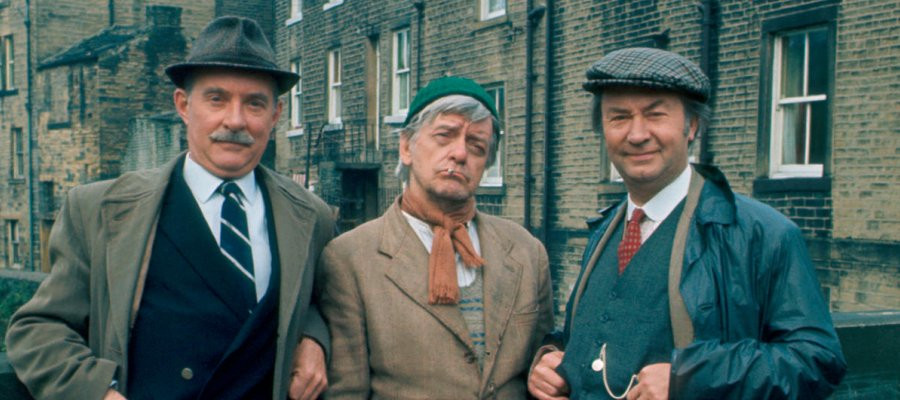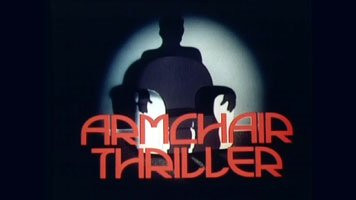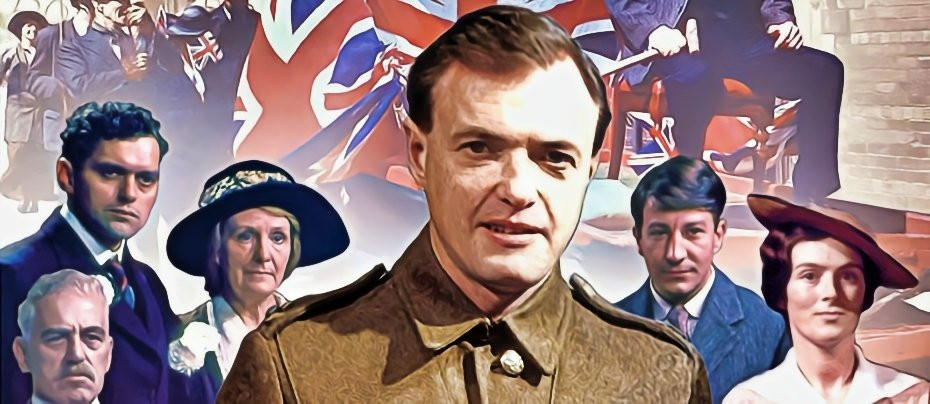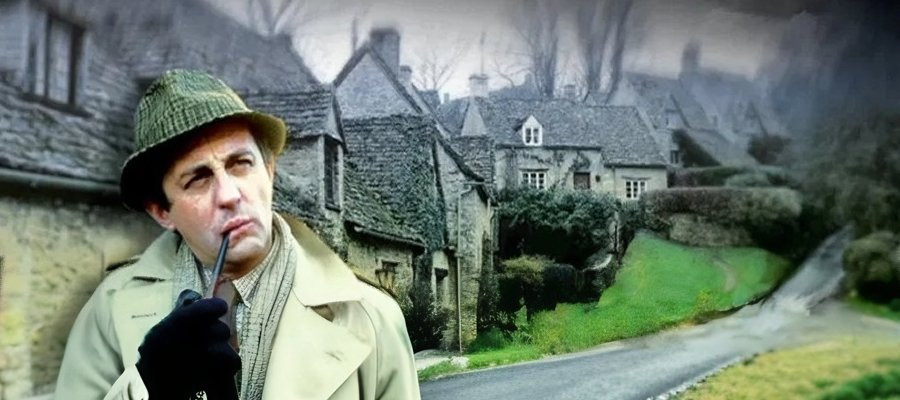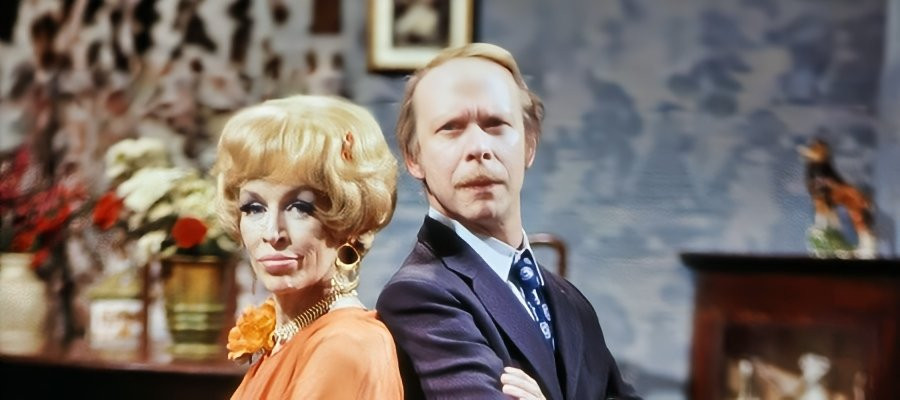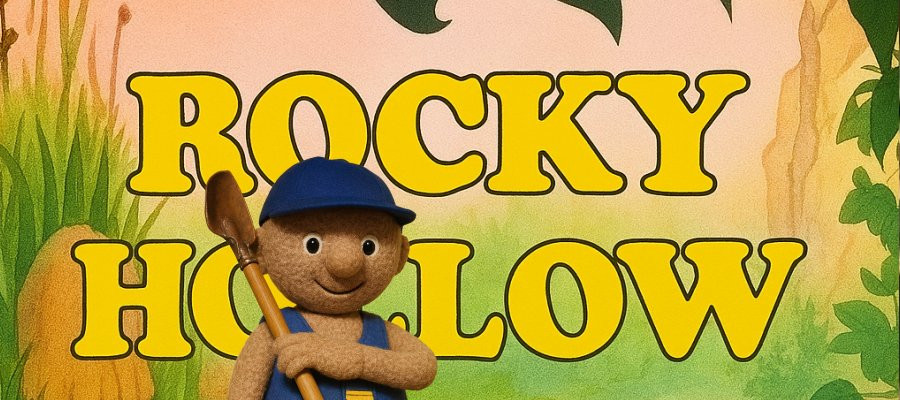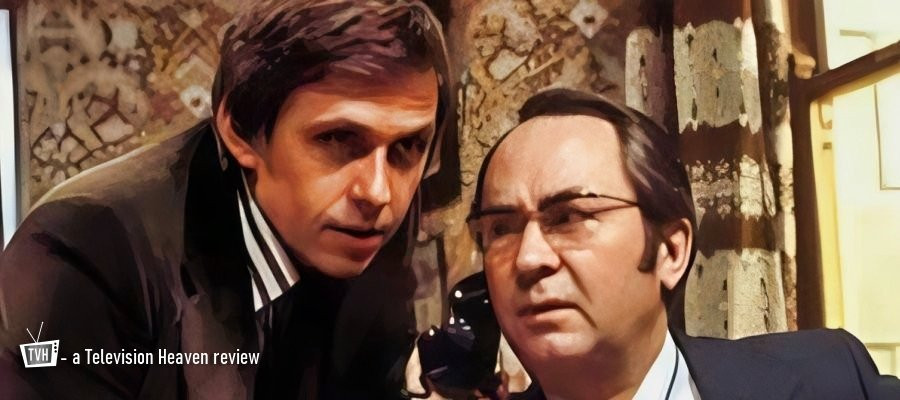
Leave It to Charlie
1978 - United KingdomLeave It to Charlie, the ITV sitcom from the late 1970s, arrived with hardly any fanfare, largely ignored by the TV Times, it quietly asserted itself as a situation comedy of substance and subtle charm. Written by Harry Kershaw—well-known for his past work on Coronation Street and, interestingly, once an insurance man himself—the series drew on both industry insight and northern realism to tell the story of Charlie Fisher, a young cheerful and optimistic insurance salesman employed by the Lancastrian Insurance Company who has been reluctantly uprooted from Bradford and dispatched to Bolton.
The premise might not have immediately set pulses racing—Charlie himself summed up Bolton as "a dull town except in Wakes Week, and then it’s dead"—but there was a quiet confidence in the show's gentle pacing and understated tone. It allowed viewers time to settle in, to understand not just the situation, but the characters who inhabited it.
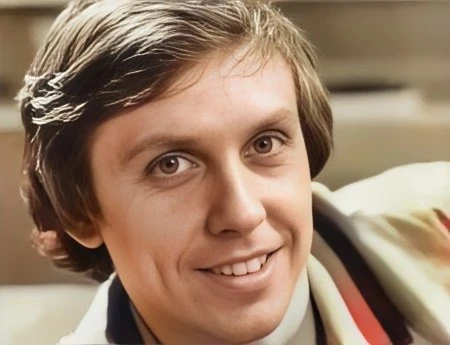
David Roper, fresh from his turn as the down-at-heel husband in The Cuckoo Waltz, took the lead as the reluctant Charlie. He brought a winning mix of awkwardness and amiable confusion that fit perfectly with the character's fish-out-of-water scenario. He was surrounded by a supporting cast that not only avoided sitcom cliché but actively subverted it. Peter Sallis (Last of the Summer Wine) played Charlie's Bolton manager, Arthur Simister, with the same unsmiling pessimism he had made his own, while Jean Heywood shone in a refreshingly upbeat role as the ever-cheerful landlady, Florence McGee.
Roper very nearly missed out on the series, as he revealed to a reporter in 1978. Before leaving for a holiday in South Africa, he decided to leave contact details with his agent—"just in case anything turns up." As it happened, the "anything" turned out to be Charlie. However, in a mix-up worthy of a sitcom plot itself, when his agent tried to reach him abroad, they discovered that David hadn't left a phone number at all—but a postcode.
Fortunately, he realised the mistake early in the trip and promptly phoned London to provide the correct number, only to learn that his agent had indeed been trying to get in touch. "They sent the scripts out to me, and I got the part," he explained.
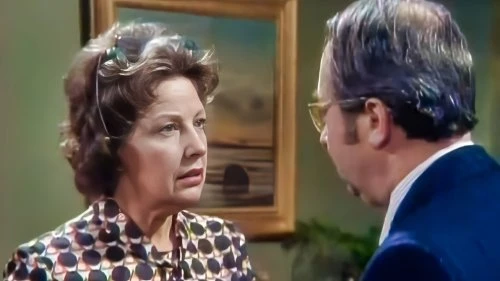
A particular highlight of the series was Gwen Cherrell as Arthur's absent-minded wife, Alice, who breezily forgot everything—including her husband's name. It was a running gag that, in lesser hands, might have grown tiresome, but Cherrell’s natural warmth kept it entertaining. Meanwhile, Sally Kinghorn offered a performance of quiet depth as the secretary, Jennifer Padgett—a role which, from the first episode, was clearly designed to grow in importance as the series developed.
The humour, it must be said, was of the gentlest kind, but it fit the tone of the show: wry, observational, and rooted in character rather than punchline. It didn’t provoke belly laughs, but it might well have raised a knowing smile—perhaps a more lasting currency.
Director and producer Eric Prytherch paced the show more like a drama than traditional light entertainment, and this unexpected approach worked in its favour. Four series were produced between 1978 and 1980 with two of them screening in the same year (10 January to 7 March and then 12 April to 24 May 1979), suggesting that series 2 and 3 were filmed during the same production run.
In a landscape that was cluttered with brash and formulaic 1970s sitcoms, Leave It to Charlie offered a refreshing alternative: quiet, thoughtful, and gently funny.
Seen this show? How do you rate it?
Seen this show? How do you rate it?
Published on October 16th, 2025. Written by Laurence Marcus for Television Heaven.


